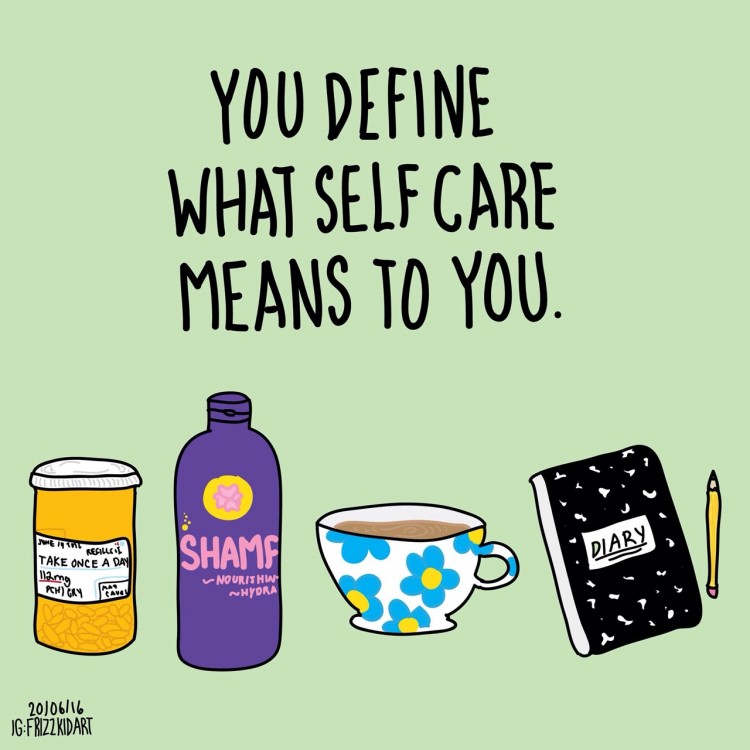A little over a month into my post-concussion syndrome (PCS) diagnosis, I had taken an official leave of absence from work. During that medical leave of absence, I would go to my local gym to work out, as moderate exercise was supposed to be good for brain injury recovery. It wasn’t anything too intense, and I would usually exercise for around 10 – 12 minutes on my stationary bike. One day, while I was at the gym, my work called to ask me a work-related question they weren’t able to answer on their own. As I answered the phone, I became paranoid, worrying they would hear the background noise of the whirring machines and find out where I was. I feared that if they knew I was at the gym, they would think I was faking my disability: “If she’s well enough to work out, why isn’t she well enough to come in to work?” I imagined them saying. I panicked, and made up a lie that I was at the supermarket and that I would call them back in half an hour. Even that early into my concussion, I feared I wasn’t performing disability “correctly.”
I felt paranoid at the time, but I now realize this paranoia was rooted in a very sober reality: of abled people not understanding the nuances and complexities of disability, and thus inadvertently putting pressure on disabled people to act in ways that conform to that limited knowledge, so as to not arouse suspicion. From doctors who minimize disabled peoples’ conditions, to disability case managers who send private investigators to follow them around to check that they are still disabled, to family and friends who make offhand hurtful comments to even strangers who take it upon themselves to police disability in parking lots and on public transportation, the pressure for disabled people to “adequately” perform disability for abled people is constant.
The longer I’ve been out on disability, the more I’ve internalized abled skepticism: “Is she really still not better?” I imagine people gossiping, amidst smirking laughter. Every time I’m out with friends, or taking photos of nature, or just going about my life, I worry that people will take that as “evidence” that I’m just exaggerating or faking my pain. I feel a constant need to clarify on social media that just because I’m out in the world, it doesn’t mean my chronic pain ceases to exist; or that just because I’m participating in an activity, it doesn’t mean that it’s easy for me, or that I don’t have to carefully plan out my week and do a million things before, during, and after to make that activity possible.

Here’s what I wish people would know: Disability is diverse and complex, and a large fraction of the disabled community have invisible disabilities, which means you can’t determine disability through eyesight alone. It also means that if you are abled and not a doctor, you have no authority whatsoever in qualifying disability or evaluating how disabled people should be living their lives (even though doctors, who are largely non-disabled, still have a long way to go in understanding and supporting chronic pain/illness patients).
So please, if you aren’t disabled, don’t perpetuate this harmful practice of armchair diagnosis. And if you hear people gossiping about not believing someone’s really all that sick or unwell because the person in question acted in ways that defied their assumptions about disability, please be an ally and stand up to that ignorant, ableist nonsense.
Believe us and support us as we try to live our lives to the best of our abilities, amidst our innumerous obstacles and limitations. We, too, want to live meaningful and fulfilling lives, just like everyone else.
This blog was originally posted on Medium.

